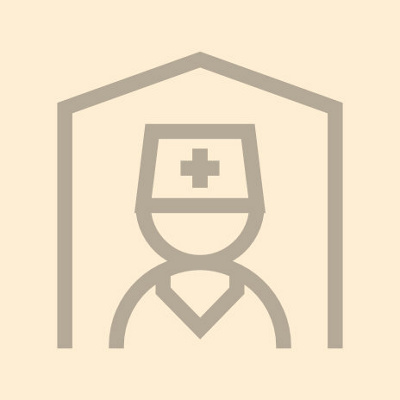The human papilloma virus (HPV) is a common infection that can lead to cervical cancer when it’s transmitted sexually.
A vaccine is available to prevent HPV infection, but here’s what you should know before getting the HPV vaccine. HPV doesn’t just cause cervical cancer. It can lead to vaginal warts and contributes to penile, anal, vaginal and throat cancer. Although the incidence of cervical cancer is low in populations of women who are regularly screened using pap smears, one in 40 South African women will get cervical cancer.
Cervical cancer is also the fourth most common cancer among women worldwide. But besides the risk for cervical cancer, HPV infection rates and the incidence of HPV-related diseases are high. An American study cites 80% of women as being affected. ‘The only way to avoid HPV entirely is to never be sexually active, so practically speaking, the HPV vaccine is your best defence,’ says Dr Almero Viljoen, a gynaecologist and obstetrician at Mediclinic George.
The pros of the HPV vaccine
The HPV vaccine covers those strains of the virus that are most likely to cause cancer. There are two types of the HPV vaccine available in South Africa:
- Vaccine 1: covers the most dangerous HPV strains 16 and 18.
- Vaccine 2: also covers HPV strains 16 and 18 PLUS another two strains that cause genital warts.
The HPV vaccine prevents more than 80% of cervical cancers. The new vaccine in the making will prevent more than 90% of cervical, vaginal and oral cancers.
The drawbacks
The optimal time to receive the HPV vaccine is before becoming sexually active. The vaccine won’t help anyone who is already HPV-positive and in a relationship. Only women who are between relationships can consider getting vaccinated. ‘There are also potential risks associated with receiving the vaccine,’ says Dr Viljoen ‘There is some concern about side effects, particularly a condition called Postural Tachycardia Syndrome (POTS) that can cause dizziness and fainting, and possibly a syndrome called complex regional pain syndrome (CRPS).’
Typically the four-strain HPV vaccine called Gardasil costs around R800 per shot and you’ll need three shots. The two-strain version (Cervarix) is slightly more affordable. Some medical aids will cover the vaccine, but if yours doesn’t, the expense may be a major downside. Ideally, every girl should get the HPV vaccine before she becomes sexually active. In some countries, boys are vaccinated too but most countries don’t have that option because of the cost. ‘Although there are some rare cervical cancer types that develop spontaneously, it’s worth emphasising that nearly all cervical cancers are caused by HPV,’ says Dr Viljoen.
Further publications on the topic
Doctors 1


